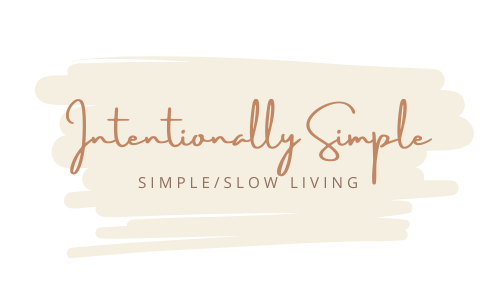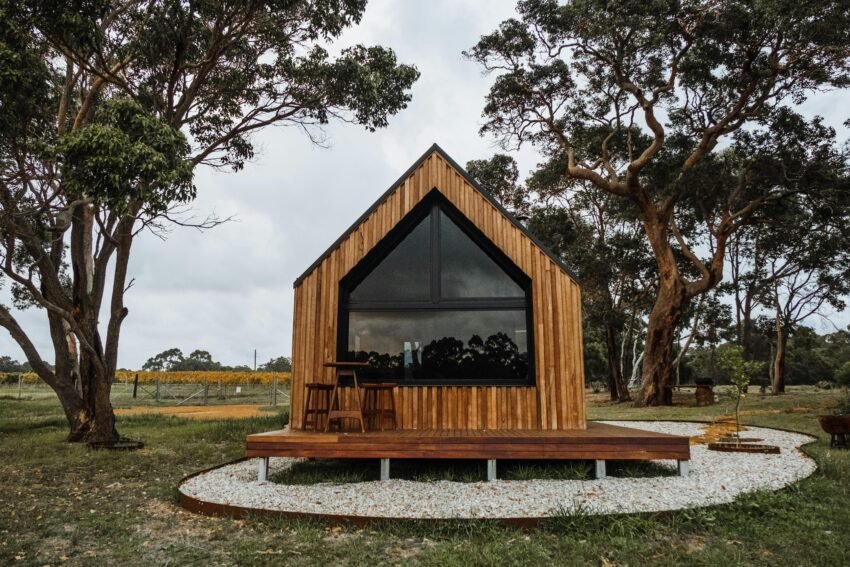But there you are… scrolling through curated home decor, dreaming of that extra room, that bigger yard, that perfect kitchen. Knowing what society says you should want, yet feeling a nagging emptiness. Why? What if true wealth wasn’t measured in square footage, but in soul space?
Welcome to the luxury poverty paradox, a concept that flips our understanding of “rich” on its head. Are you ready to question the very definition of abundance? This article will guide you through the process of recognizing and breaking free from the societal pressures that often lead to this paradoxical state. Furthermore, we’ll explore practical strategies to cultivate a life centered on genuine fulfillment, rather than fleeting material satisfaction.
Time to Change had Come
I remember the day I stood in my friend’s “dream home.” It was vast, filled with designer furniture, and yet, it felt… hollow. The echo of our voices bounced off the high ceilings, a stark contrast to the cozy hum of my tiny apartment. I’d spent years chasing the “bigger is better” mantra, only to realize I was accumulating possessions, not happiness. My weekends were consumed by cleaning, organizing, and paying for things I barely used.
The luxury poverty paradox hit me like a ton of bricks. I was drowning in “luxury” while my soul starved for simplicity. Consequently, I decided to try trading square footage for happiness. I sold most of my belongings, moved into a smaller, more intentional space, and suddenly, I had time. Time for hobbies, for friends, for myself. Notably, this change resulted in a significant improvement in my mental health. Indeed, I found that the less I owned, the more I truly had.
Understanding the Core of the Paradox
The luxury poverty paradox arises when the pursuit of material wealth leads to a decline in overall well-being. This occurs because the focus shifts from intrinsic values to extrinsic ones. It highlights the disconnect between societal definitions of success and personal fulfillment. Fundamentally, it challenges the notion that more possessions equate to more happiness. In essence, it asks us to reconsider what truly constitutes a rich life.
Engaging, Actionable Advice:
- Identify Your “Luxury” Traps: What possessions or spaces are draining your time and energy? Take a moment to reflect on your current living situation. Are you simply storing items to keep up with trends? Critically assess your spending habits.
- Embrace “Debt-Free Dwelling”: Explore alternative housing options like tiny homes, converted vans, or co-living spaces. Calculate how much you’d save by downsizing. This directly addresses the financial freedom through downsizing. Consider the long term benefits of reduced living costs.
- Practice Intentional Consumption: Before purchasing anything, ask yourself: “Do I need this, or do I just want it?” Opt for experiences over material possessions. Prioritize creating memories over accumulating things.
- Create a “Sensory Sanctuary”: Design your space for well-being, not just aesthetics. Focus on natural light, calming colors, and comfortable textures. This is a key component to trading square footage for happiness. Design your habitat to nourish your mind and body.
- Prioritize “Slow Living” Activities: Schedule time for activities that nourish your soul, like reading, nature walks, or creative pursuits. Embrace the present moment.
Reflective Prompts or Exercises
Journaling: What does “luxury” mean to you? How can you redefine it? Explore your personal values and how they relate to your definition of wealth. Mind Mapping: Create a visual map of your current spending habits. Identify areas where you can cut back. Analyze your emotional triggers for impulsive purchases. Declutter Challenge: Choose one area of your home to declutter this week. Focus on the feeling of liberation. Notice the mental clarity that comes with a tidy space. Reflect on your minimalist living vs consumer culture. How can you break the cycle. Consider the environmental impact of excessive consumption.
Deeper Dive into the Psychological Effects
Stress and Anxiety: The pressure to maintain a certain lifestyle can lead to chronic stress. This can manifest as physical symptoms such as headaches, insomnia, and digestive issues.
Lack of Fulfillment: Material possessions often fail to provide lasting satisfaction. The initial excitement of a new purchase quickly fades, leaving a void that is difficult to fill.
Social Isolation: The focus on acquiring wealth can detract from meaningful relationships. Time spent pursuing material success can take away from time spent nurturing bonds with loved ones. This data is backed by research which highlights the correlation between materialism and decreased life satisfaction.
The Role of Mindfulness
Mindfulness plays a crucial role in combating the luxury poverty paradox. By practicing mindfulness, we can become more aware of our thoughts and feelings, allowing us to make more conscious choices about our consumption habits. It enables us to appreciate the present moment and find joy in simple pleasures, rather than constantly seeking external validation.
Building a Community
Creating a community of like-minded individuals can provide support and encouragement on the journey towards a simpler, more fulfilling life. Sharing experiences and insights can help us stay motivated and accountable.
The luxury poverty paradox is a wake-up call. It’s an invitation to redefine what it means to be truly wealthy. Trading square footage for soul isn’t about deprivation; it’s about liberation. It’s about choosing experiences over things, connection over consumption, and peace over possessions. Start today. Your soul will thank you.
Embracing the Change
Take the first step towards breaking free from the luxury poverty paradox. Choose one area of your life to simplify this week. Whether it’s decluttering your closet or spending an hour in nature, prioritize soul space over square footage. Begin to create the life you truly desire.


